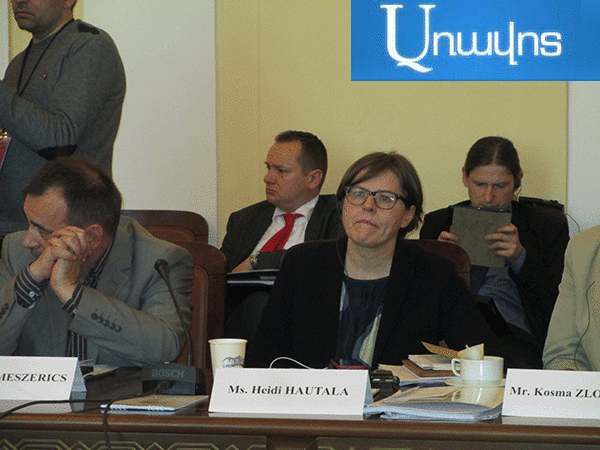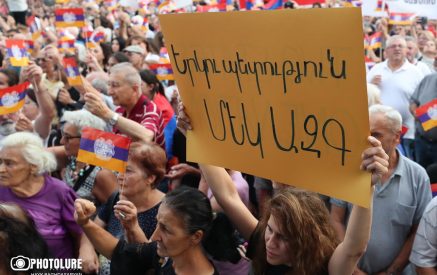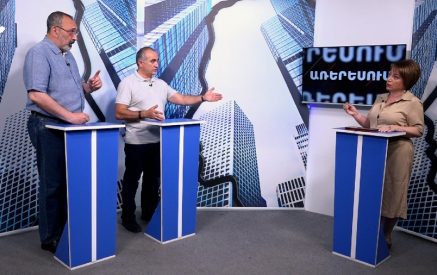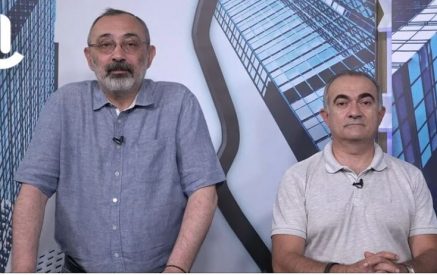Today, at the 15th session of the EU-Armenia Parliamentary Cooperation Committee, the PA Co-Chairperson Heidi Hautala asked a question to our MPs. “The more people know about the EaEU, the more they see that it has several problems related to the free trade. We have studied the complex network between the Member States of the EaEU and saw the obstacles. Will it be a real economic union? As for the European standards, it is about the commodities and the rules that govern our domestic market. I believe that the European domestic market standards represent great demands for the EU member states. They are also not perfect and still have serious things to do. The EU continues to be of the opinion that it would be difficult to implement harmonization when there is a major crisis. Were your economic expectations and predictions met by joining the EaEU? There are oil prices, sanctions, ruble devaluation, I would like to be informed from you about how you expect from the EaEU now and in the future.”
The Heritage faction MP Tevan Poghosyan replied, “Ms. Heidi, you asked a good question about how we perceive the EaEU. First, we need to understand what it is. It is presented that each country that joins the EaEU, what kind of geopolitical relationship and expectations it has towards the Kremlin. Every country has its own problems, Belarus – its own, Armenia – its own: the closed border, the NKR problems and so on. In the economic sense, the document is a good one. As to how it will work practically, I am sorry, it shows that it does not work. If we look at the text, perhaps, it contains a lot of good things, but it does not work in practical life. You always say that the EU Association Agreement is signed by the package. There should also be flexibility on your side. For Ukraine, you showed flexibility. Give the same approach opportunity to everyone. From the very first day, Armenia was ready to sign the political component. For Ukraine, you display one approach, while for Armenia – another. It is very difficult to explain to our electorates that you are fair.”
Member of the delegation Georgi Pirinski noted, “There is an opportunity to promote or use the positive effect that the CU membership brought with it and compare them with the benefits of the relations with the EU. Since last year, we study the practical moments to compare these two developing relations. I do not think that it would be very constructive to incur from this hypothesis that such a thing is impossible. One of the Unions was doomed to failure from the outset. One of the studies was entitled “making a choice leads to defeat”. It is not necessary for us to be based on this assumption that making a choice is defeat by itself. I wish such a situation that making a choice would be beneficial for you.”
Read also
Hripsime JEBEJYAN
























































